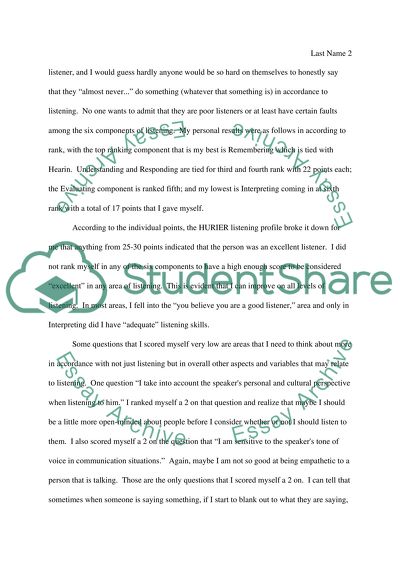Cite this document
(“HURIER Listening Self Assessment Essay Example | Topics and Well Written Essays - 1000 words”, n.d.)
Retrieved from https://studentshare.org/journalism-communication/1441669-hurier-listening-self-assessment
Retrieved from https://studentshare.org/journalism-communication/1441669-hurier-listening-self-assessment
(HURIER Listening Self Assessment Essay Example | Topics and Well Written Essays - 1000 Words)
https://studentshare.org/journalism-communication/1441669-hurier-listening-self-assessment.
https://studentshare.org/journalism-communication/1441669-hurier-listening-self-assessment.
“HURIER Listening Self Assessment Essay Example | Topics and Well Written Essays - 1000 Words”, n.d. https://studentshare.org/journalism-communication/1441669-hurier-listening-self-assessment.


